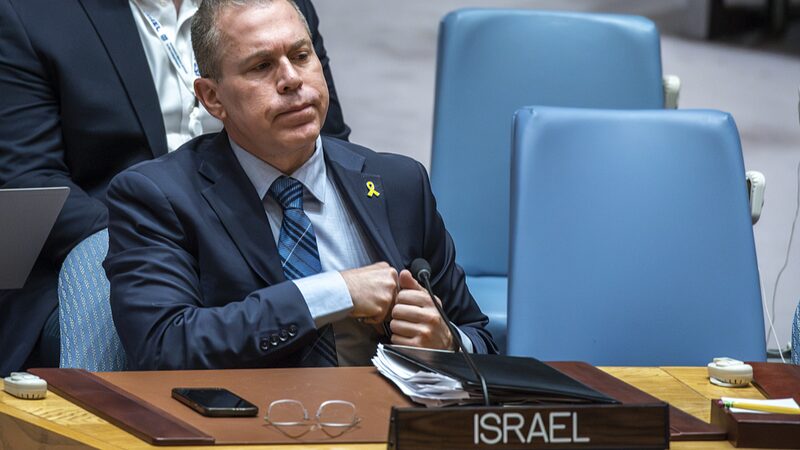On March 22, the United Nations Security Council (UNSC) voted against a draft resolution proposed by the United States aimed at addressing the ongoing conflict in the Gaza Strip. Both China and Russia, permanent members of the UNSC, cast their votes against the resolution, marking a significant setback for the US-led initiative.
The US draft resolution emphasized the \"imperative\" of an immediate and sustained ceasefire to protect civilians on all sides. It sought to facilitate essential aid delivery and support ongoing talks between Israel and Hamas militants to create a sustainable end to hostilities, contingent upon the release of hostages. However, critics argued that the draft was too vague and lacked legally binding commitments for the Israeli authorities in key areas.
In their explanations of the vote, both China and Russia pointed out that the US proposal did not explicitly demand an immediate ceasefire but merely called for one. China further stated that any immediate ceasefire should be unconditional. Alongside these positions, France indicated its intention to introduce a new draft resolution. The collective push from the 10 non-permanent members of the UNSC aims to reformulate the approach to achieving peace in the region.
Experts suggest that the rejection of the US draft was anticipated, given the extensive consultations and debates within the UNSC over the past weeks. Despite the setback, the US has gained some ground by addressing the growing international calls for an immediate ceasefire, potentially easing domestic pressure during an election year.
For Israel, the outcome is a mixed bag. While the rejection of the draft isn't entirely unfavorable, it signals a cooling of what has traditionally been unwavering US support on the Israeli-Palestinian issue. Recent disputes between the US and Israel over the Gaza war highlight this shifting dynamic. With the conflict causing significant civilian casualties, US President Joe Biden and his administration face increasing scrutiny, a challenge they must navigate carefully amid upcoming elections.
The prolonged conflict has also led to Israel's growing isolation on the international stage. The strong US backing, while beneficial in some aspects, has begun to tarnish America's reputation globally, particularly as it focuses on broader world power competitions. In response, the Biden administration has urged Israel to avoid escalating the war into southern Gaza's Rafah region.
Israel's determination to continue its military efforts is driven by a deep-seated desire for revenge against Hamas and internal political pressures. Prime Minister Benjamin Netanyahu, facing potential resignation amidst continuous conflict, finds himself in a precarious position where the war's outcome could significantly impact his political future.
Consequently, the relationship between the US and Israel is experiencing strains, especially regarding long-term solutions like the two-state plan. Netanyahu and many Israelis currently view discussions on a two-state solution as premature, fearing it could be perceived as a concession to Hamas or a reward for actions they deem as terrorism. This divergence underscores the complex and evolving nature of US-Israel relations in the context of the Gaza conflict.
Reference(s):
U.S. finally toughens stance on Israel, too little too late?
cgtn.com




